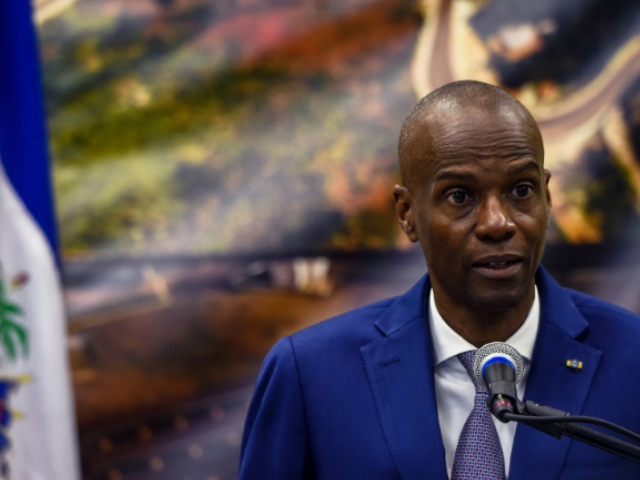
Jovenel Moiz, President of Haiti
Nowadays, it is known that the attack on the head of Haiti, Jovenel Moiz, who was in power since February 2017, was committed by a group of assassins. Some of them have already been detained or killed. There are suggestions that the crime was ordered by the president's political opponents. Recently, there has been a great deal of resistance to his regime in the country. People openly rebelled by organizing protests. However, this did not prevent Moiz from calling early elections and nominating his candidacy for a second term. According to the local constitution, he did not have such a right.
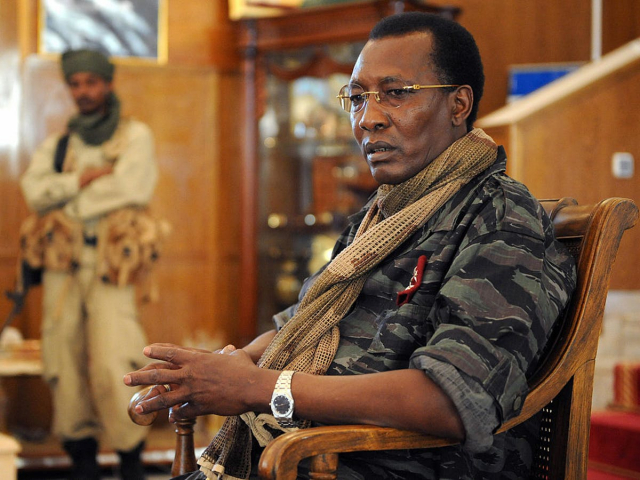
Idris Debi Itno, President of Chad
Idris Debi Itno has been at the helm of power for more than 30 years. In April of this year, he won the next presidential election. However, this news came the day after his death. Idris died due to injuries he received during the battle against the Front for Change and Concord in Chad radical political organization. The fight against the opposition took place in the north of the country, and Idris commanded the military. During his term as president, he has experienced more than one uprising and even several temporary overthrows of the regime.
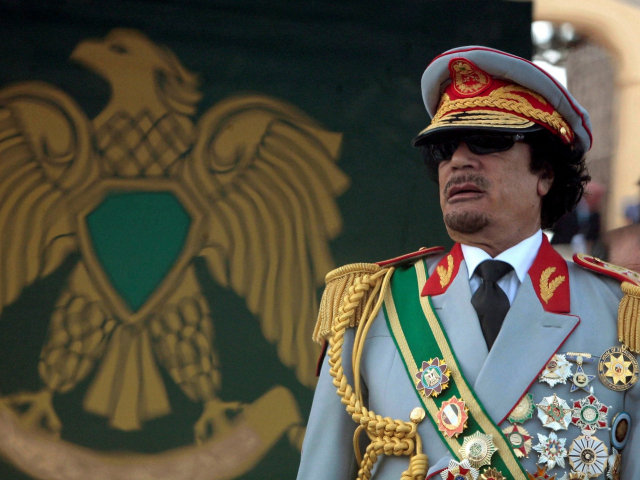
Muammar al-Qaddafi, de facto leader of Libya
Muammar al-Qaddafi's position as the Libyan leader has not been officially confirmed and recognized in the world. He came to power in 1969 as a result of a revolutionary coup and the overthrow of the monarchy. The colonel has been at the helm of the country for more than 40 years. He was killed in the fall of 2011 after the end of the battle for the city of Sirte. This was the last fight in the Libyan civil war. Along with Muammar, the rebels also captured his son. They were both waiting for death, and then the bodies of the father and his son were put on public display in an industrial refrigerator. After that, the graves of their relatives were desecrated.
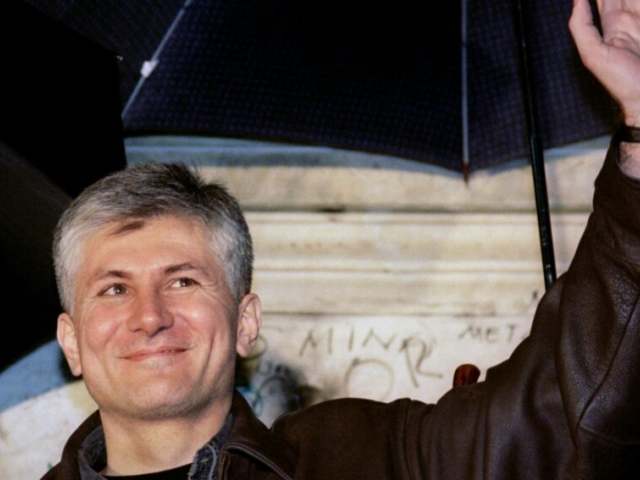
Zoran Djindjic, Serbian Prime Minister
Zoran Djindjic, a representative of the Democratic Party, came to power in the winter of 2000. It took place a couple of months after the overthrow of former Serbian President Slobodan Milosevic as a result of the Bulldozer Revolution. It was the Prime Minister of the country who initiated the transfer of deposed Serbian leader Milosevic to the Hague Tribunal. For this, Serbia received funding from Western countries, and Djindjic got fatal injuries. Supporters of the former leader could not forgive Zoran his doing and ordered his murder. Subsequently, 7 people were convicted of this crime.
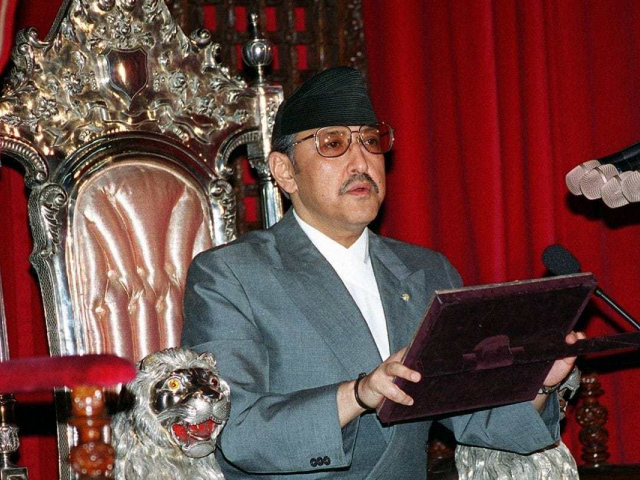
Birendra Bir Bikram Shah Dev, King of Nepal
The tragedy that happened in the summer of 2001 in Nepal can be compared to the famous Shakespearian drama Romeo and Juliet. The son of the local king, Prince Dipendra, had been dating for more than 10 years the daughter of his father's main enemy – the prime minister of the country, who constantly fought with the monarch for power. Naturally, the king did not give his assent for the marriage and his son could not endure it any longer. In the end, it all ended in bloodshed. Once at dinner, a tipsy prince shot 9 members of his family, including the leader of the country and then he shot himself.
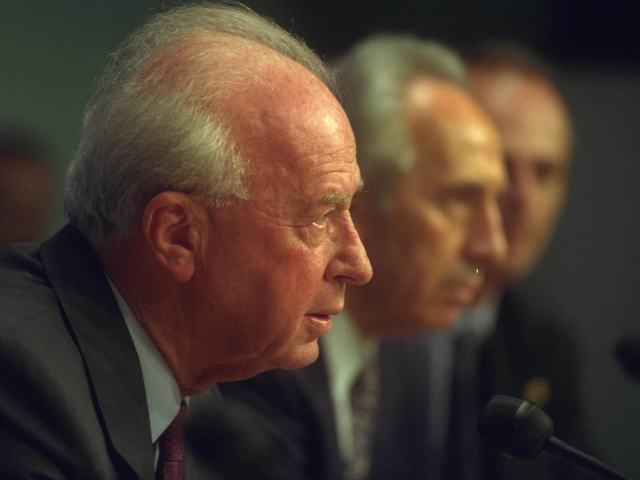
Yitzhak Rabin, Israeli Prime Minister
Yitzhak Rabin, the winner of the Nobel Prize for Peace, was the sixth Prime Minister of Israel. He held this post for 3 years until his death. His killer was an ultra-right religious and political extremist who opposed the Oslo accords. This declaration was supposed to resolve the Israeli-Palestinian conflict. Rabin's tragic death caused a great resonance around the world. For the Israeli left camp, the murdered prime minister became a national symbol. The square in Tel Aviv where Yitzhak Rabin was shot was later named after him.
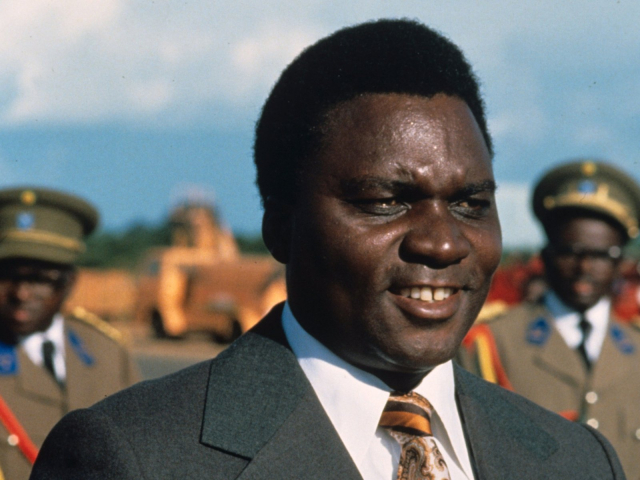
Juvenal Habyarimana, President of Rwanda
The second President of Rwanda was killed in an attack on a plane. The airplane was shot from a portable anti-aircraft missile system in April 1994. The President of Burundi and high-ranking officials of both countries were also on board. All of them were returning from an international conference on the stabilization of the political situation in Rwanda. The Tutsi military-political organization was suspected of organizing the crime. After the terrorist attack in Rwanda, the genocide against the Tutsi began. The massacres were committed by representatives of another local group - the Hutus.
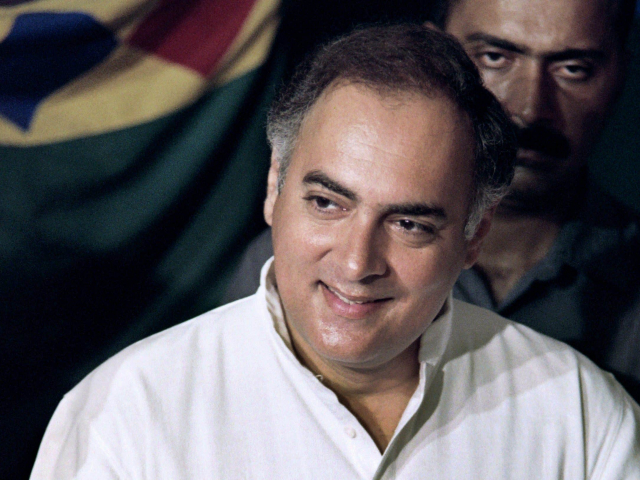
Rajiv Gandhi, Prime Minister of India
Rajiv Gandhi has served as the Prime Minister of India for 5 years. During the next election campaign, he was killed by a suicide bomber. A bomb belt went off on a woman who presented him with a basket of flowers, killing 15 people, including Rajiv. The crime was organized by the Liberation Tigers of Tamil Eelam group in order to prevent Gandhi from becoming prime minister again. 28 people were punished for the terrorist attack. Some of them repented of what they had done, noting that Rajiv's death was a tragedy for the Indian people.
 Deutsch
Deutsch 
 Русский
Русский English
English Bahasa Indonesia
Bahasa Indonesia Bahasa Malay
Bahasa Malay ไทย
ไทย Español
Español Български
Български Français
Français Tiếng Việt
Tiếng Việt 中文
中文 বাংলা
বাংলা हिन्दी
हिन्दी Čeština
Čeština Українська
Українська Română
Română
